Computer Science
In our increasingly technological world, it is essential we equip learners with the knowledge and skills to operate effectively.
With technology changing rapidly, and its position in and effects on society constantly under scrutiny, it’s more important than ever that, as well as being able to operate the technology we have, pupils develop an understanding of the underlying principles, emerging technologies and their implications, and the processes needed to design and engineer the technologies of the future.
The department constantly monitor developments in the relevant sectors and update courses accordingly to reflect that development and progress. We are fortunate to have multi-disciplinary experience within the department covering computer science, embedded systems, engineering science and graphic design.
From T2 to S2, pupils receive a broad introduction to both computer science and graphic design. They explore the use of word processors, spreadsheets and presentations software; learn basic programming creating structured programs to explore concepts and approaches taken in software engineering and complete a CISCO certified course on the Internet of Things. From S3, pupils have the option to pursue their studies in Computer Science at National 5 and IB Level.
Computer Science is a discipline that seeks to understand how best to represent and interact with digital information. In an increasingly digital and connected society, the skills and abilities gained from studying Computer Science are in high demand and often cited as key to the future development of successful economies and industries.
Computer Science does not stand in isolation and the skills gained in computation thinking and analysis, as well as a better understanding of the technology society uses every day, are transferable to many other STEM areas. With the arrival of industry 4.0, and the increase in technology use in many other work environments, experience of computing science is becoming ever more relevant and essential to more careers than ever before.
Computer Science - National 5
At National 5, pupils focus on four areas of study which develop the pupil’s ability to apply computation thinking across a range of contexts, analysing problems and then designing and implementing solutions for them using a variety of digital approaches.
- Software Design and Development: pupils will develop programming and computational-thinking skills by implementing practical solutions using suitable software development methods and
- Computer Systems: pupils learn about the underlying hardware in computer systems, and how data and programs are stored and operate within this hardware. Pupils also gain insight into environmental, social and security issues surrounding the use of computer
- Database Design and Development: pupils undertake a range of practical and investigative tasks to analyse, design, implement, test and evaluate database solutions using development tools such as SQL
- Web design and Development: pupils design and implement web-based solutions to communicate to, and meet the needs of, end users. They will learn to make use of HTML, CSS and Javascript as part of the development of their designs.
Computer Science - IB
The IB computer science course is a rigorous and practical problem-solving discipline.
- Two course levels are offered; standard level (SL) and higher level (HL).
Computer science candidates are not limited by a defined study level so can opt for this course in the same way as their other subjects.
- Computational thinking lies at the heart of the course and is integrated with other topics. This will be supported by practical activities including programming.
Candidates will learn programming skills as a critical element of developing higher-level skills applicable to virtually all fields of study.
- Four course options are available; databases, modelling and simulation, web science, object oriented programming
These options will allow a particular subject of interest to be studied as defined by the subject teacher
- Algorithmic thinking will be both externally and internally assessed at the level of pseudo-code.
This means the external assessment will focus on the student’s algorithmic thinking, not on their mastery of the syntax of a particular programming language.
- Practical programming experience will be an essential element of developing higher-level thinking skills; this may be assessed as a part of the internal assessment. There is no designated language.
This allows teachers to select the programming language(s) which they feel are most appropriate for teaching the practical elements of the course
- Syllabus content will be reviewed as part of the curriculum review cycle.
This will ensure course content remains current
- A new component has been introduced (HL only) that is linked to the annually issued case study, to expand students’ knowledge of a new subject-related topic through investigative study.
This will allow students to investigate in greater depth current issues in computer science that are not included in the syllabus.
- The internal assessment has changed from being based on a Java-related task to a more open problem-solving exercise.
This will expand the choice of programming languages and better support the development of learners who match the IB learner profile
- All computer science students will work with other students of group 4 subjects (physics, chemistry, biology, design technology, environmental systems and societies and sports, exercise and health science).
Collaborative working will be emphasized through combined activity with like-minded students.
Book a tour
To find out more about how we engender hard work and determination in our young people, come and visit us and meet our dedicated teaching staff and speak to our pupils.
